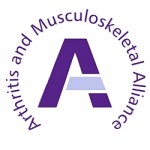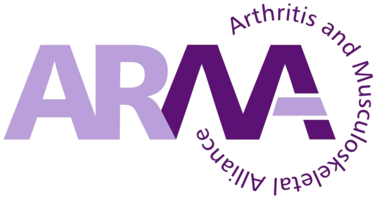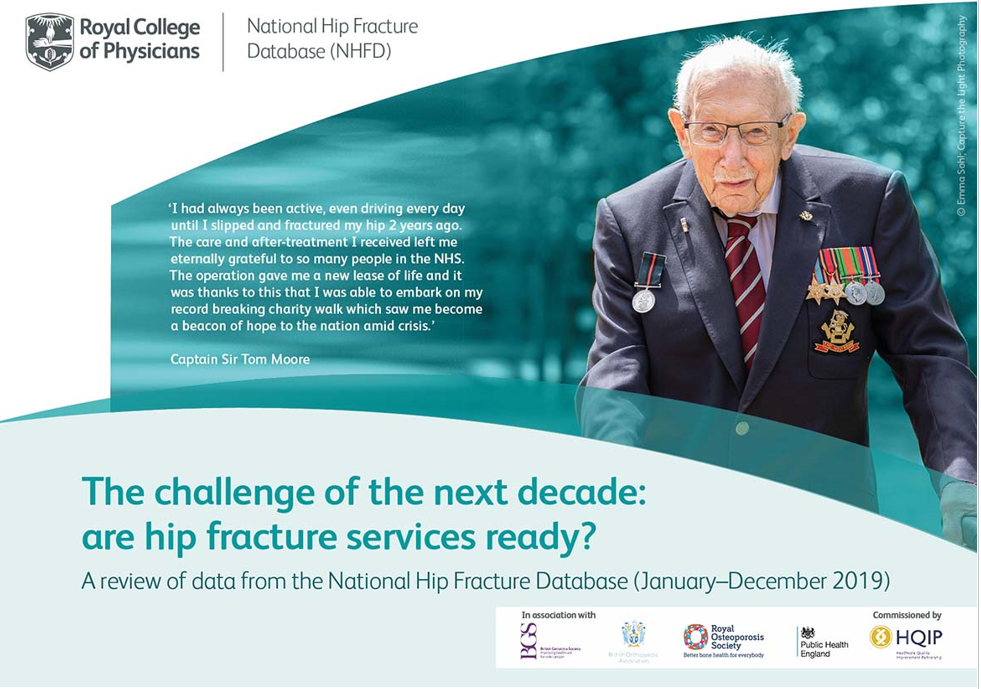 The challenge of the next decade: are hip fracture services ready?
The challenge of the next decade: are hip fracture services ready?
The National hip Fracture Database (NHFD) has recently released its latest annual report focussing on the six NHFD key performance indicators used to monitor and drive up standards across the country. 2020 will no doubt prove to be one of the most challenging years in the history of the NHS. This report also presents the first data about the effect of COVID-19 on trauma units around the country and on outcome for patients with hip fracture who have COVID-19 when admitted to hospital or develop it after their operation.…
Read more of this article



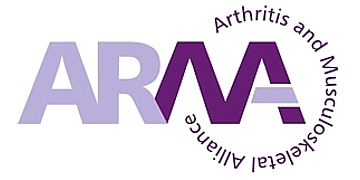

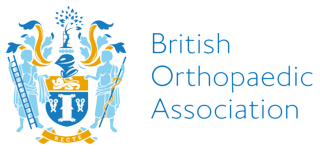

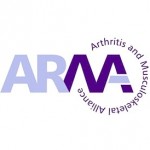
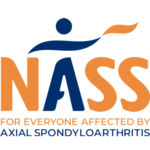
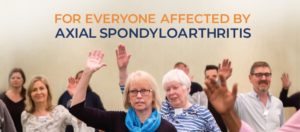 The NASS Facebook Live sessions have been running for about three years now, helping people to manage their axial SpA (AS) in unprecedented times and beyond.…
The NASS Facebook Live sessions have been running for about three years now, helping people to manage their axial SpA (AS) in unprecedented times and beyond.… 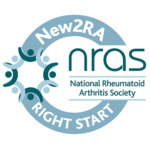
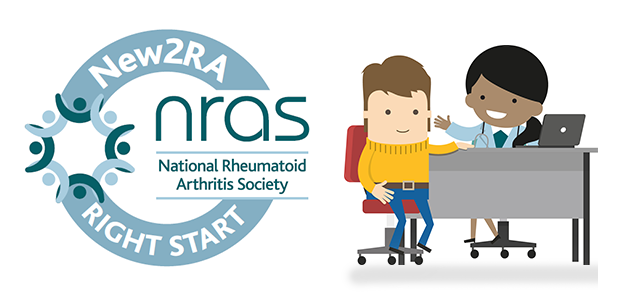 Right Start
Right Start
 The Faculty of Sport and Exercise Medicine (UK) has updated their Staying Active at Home resources to include a series of short videos introducing some simple exercises that can be carried out at home, and which are particularly suitable for people who are older or have long-term health conditions. They include exercises that can be performed while sitting, standing, walking or lying down, and were produced with the help of Pure Sports Medicine.
The Faculty of Sport and Exercise Medicine (UK) has updated their Staying Active at Home resources to include a series of short videos introducing some simple exercises that can be carried out at home, and which are particularly suitable for people who are older or have long-term health conditions. They include exercises that can be performed while sitting, standing, walking or lying down, and were produced with the help of Pure Sports Medicine.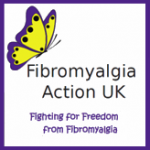
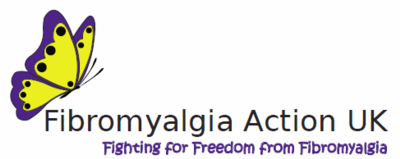 People with fibromyalgia are finding themselves wondering whether they are more at risk of getting Coronavirus, as are other chronically ill and healthy people. The lack of clarity over the origin of our condition does not help in these circumstances. The government uses broad categories to inform people and control risk to vulnerable people. But these broad categories are collecting people and inflaming their anxiety, which does not help their chronic condition.
People with fibromyalgia are finding themselves wondering whether they are more at risk of getting Coronavirus, as are other chronically ill and healthy people. The lack of clarity over the origin of our condition does not help in these circumstances. The government uses broad categories to inform people and control risk to vulnerable people. But these broad categories are collecting people and inflaming their anxiety, which does not help their chronic condition.
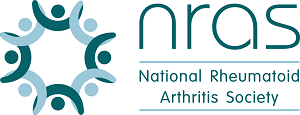 Many people with rheumatoid arthritis (RA) and their families will be concerned about how the Coronavirus (COVID-19) affects them. NRAS has provided a summary of all the important information that you need to know about Coronavirus and rheumatoid arthritis, including:
Many people with rheumatoid arthritis (RA) and their families will be concerned about how the Coronavirus (COVID-19) affects them. NRAS has provided a summary of all the important information that you need to know about Coronavirus and rheumatoid arthritis, including:
